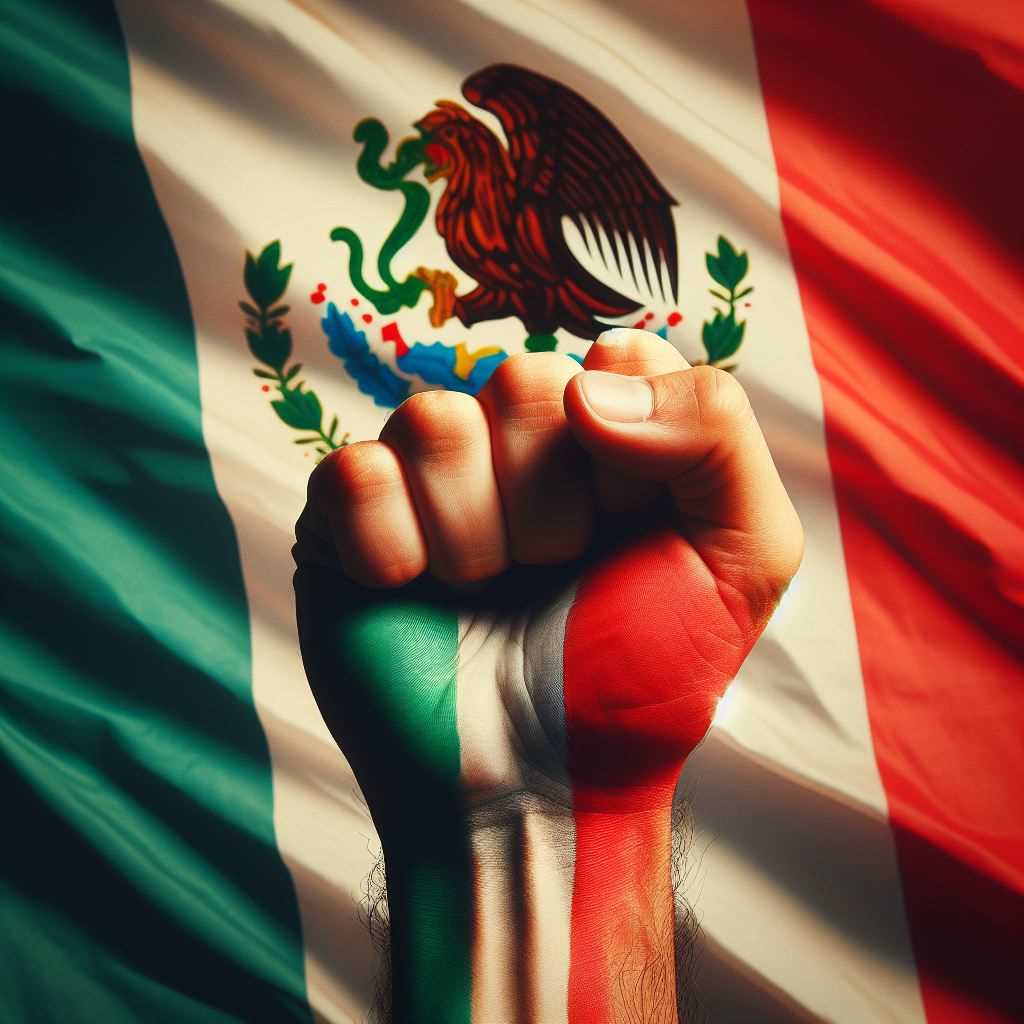Can Diplomacy Bridge the Gap Between Mexico and Ecuador?
Mexico and Ecuador in a diplomatic crisis. Mexico accuses Ecuador of a barbaric embassy raid and blames US manipulation. Latin America divided. Academics urge diplomacy to avoid ideological escalation and prioritize international law to resolve conflict.

A tremor has shaken the foundations of Latin American diplomacy. On April 5th, Ecuadorian security forces stormed the Mexican embassy in Quito, sparking outrage and igniting a firestorm of accusations. This isn't your average diplomatic spat – it's a geopolitical saga with roots that dig deep into the region's turbulent political history.
UNAM academics, renowned for their sharp analyses, recently convened a media conference titled “What is Happening Between Mexico and Ecuador?” Their insights paint a vivid picture of clashing ideologies, simmering tensions, and the ever-present shadow of the United States.




